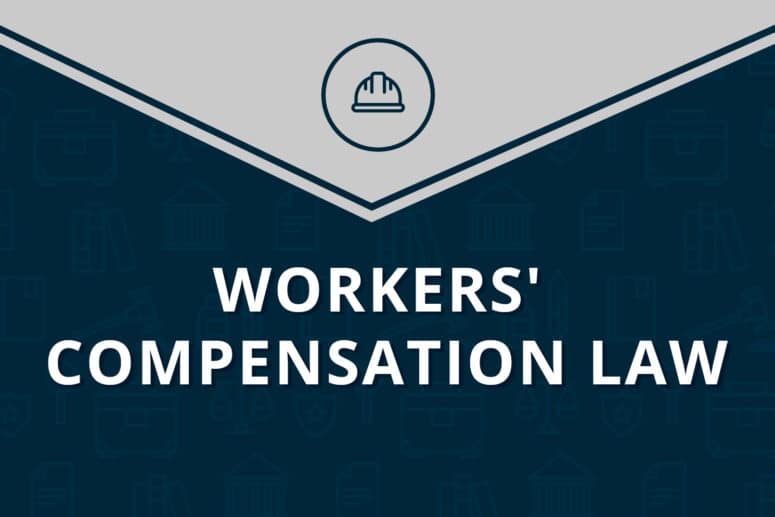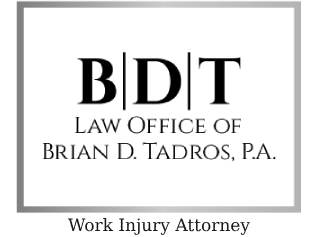
A recent Eustis news development has brought to light certain aspects of Florida’s Workers’ Compensation Law. We thought it was a good time to revisit what happens when room and board is included as part of a worker’s wages under an employment agreement.
The story: Florida’s Lake County Commission approved a plan for a farm to build a dormitory for laborers from Central America. Liner Source Inc. is a family-owned, wholesale plant nursery. The proposed 46,000-square-foot building would house nearly 200 farm workers working on H-2A visas. On this kind of visa, laborers can work in the U.S. for up to 10 months.
What happens, then, if a worker is getting housing from his or her employer, and is injured on the job?
The important question is whether or not the board, rent, housing or lodging continues to be provided by the employer after the accident. That would have an impact on the injured worker’s average weekly wage, or AWW. This is the figure from which pay rates for lost wages that a work-injured worker can receive is derived. Basically, the higher the worker’s AWW, the greater amount of benefits he or she will receive.
Florida Workers’ Compensation Law defines wages as including: “the reasonable value of housing furnished to the employee by the employer which is the permanent year-round residence of the employee, and gratuities to the extent reported to the employer in writing as taxable income received in the course of employment from others than the employer and employer contributions for health insurance for the employee or the employee’s dependents. However, housing furnished to migrant workers shall be included in wages unless provided after the time of injury.”
Florida Workers’ Compensation Law states that if an employer continues to provide board, rent, housing or lodging after an employee is injured at work, then the employer’s cost of such benefits are not included when calculating the injured worker’s AWW.
As an aside, this is also true with respect to health insurance. If an injured worker has health insurance through his employer in effect on the date of the accident and he or she continues to receive health insurance benefits after the accident, then the employer’s cost of providing those benefits to the injured worker do not get added to his or her wages for AWW determination.
So how is the cost of housing determined?
If the employee is getting housing from his or her employer and those benefits are no longer provided after the work accident, the value of the housing is either what it cost the employer to provide it, or the Fair Market Rent Survey, according to the federal Department of Housing and Urban Development, whichever one is less.
The example of a hypothetically injured guest farm worker living in Eustis, as with every workers’ compensation case, has unique considerations. Discuss your individual case with The Law Office of Brian D. Tadros. Call today for a free consultation. We’re happy to provide answers.

